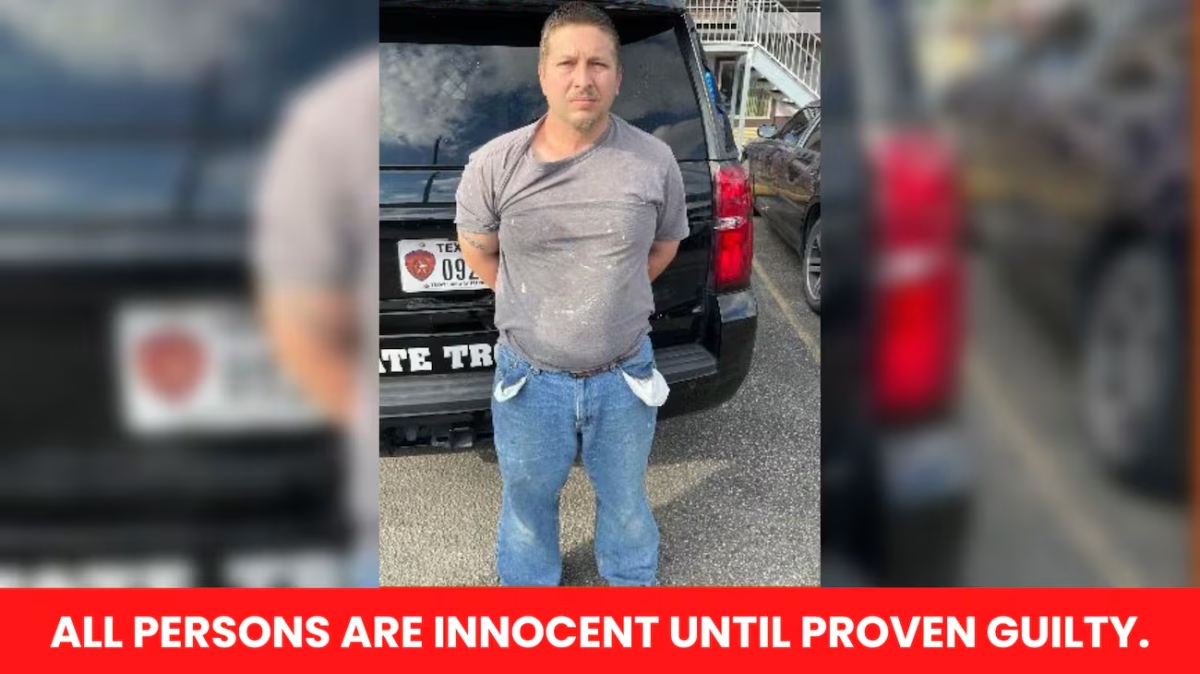
NEW ORLEANS (April 16, 2021) – More than a third of the United States population has now been vaccinated with at least one shot, and some 21 percent are now fully vaccinated. But we must do more to overcome the vaccine avoidance remaining in pockets: minorities, the young and those in rural areas.
As of April 9, some 114. 4 million first-time shots had been given in the nation, and another 68.2 million people have had both doses.
The importance of getting vaccinated grows stronger each day as we seek to lower the curve even while variants of the disease increase in number. According to the Centers for Disease Control and Prevention, the first variant reported was called B.1.1.7; it came from the United Kingdom. Other known variants include B.1.351 in South Africa and P.1 in Brazil.
So far, 31.1 million have contracted COVID-19 in the United States, and a whopping 561,000 people have died. In Louisiana, we’ve documented nearly a half-million cases of COVID, with more than 10,000 deaths.
To help prevent cases, we shouldn’t let our guards down and break COVID protocols. We must continue to wear masks, keep our distance and wash our hands with warm water for at least 20 seconds. But we encourage everyone to do the right thing and get a vaccination as soon as you can – with exceptions as your doctor advises, of course – and that’s right now.
In New Orleans now, anyone 16 and older can receive a vaccine in New Orleans. The Pfizer vaccine is the only vaccine approved for people ages 16 and 17, according to ready.nola.gov. We have to take advantage of this opportunity to fight COVID-19.
A disparity is evident between races in getting vaccinated, and black people are being vaccinated the least. According to KFF.org, 8 percent of black people have been vaccinated in the United States.
Just last weekend, the Advocate ran a story (co-written by former Courtbouillon Editor-in-Chief Cheryl Daniel, an intern now at the daily newspaper) about how young people in Louisiana are hesitant to get the vaccine. Students at Dillard and Xavier were interviewed as part of the story.
A recent Louisiana Public Health Institute survey found vaccine hesitancy highest among adults under 30 in a recent survey. About 77 percent of black adults under 30 and 67 percent of whites under 30 said they were hesitant.
So why are we so reluctant to do what’s good for ourselves and those around us?
Getting a vaccine can be considered risky, and people could be afraid of the side effects. After receiving a vaccine, people have reported headaches, muscle and joint pain and fevers. Bloomberg news said most people under 65 experienced fatigue and pain after receiving the second dose of the Moderna vaccine.
Black people can justify their fears by referring to the Tuskegee experiment, which began in 1932 and ran through 1972. African American men were recruited to study the progression of the syphilis and were not treated, even when penicillin became available.
The AstraZeneca vaccine also caused some skepticism. Reports said some people in Denmark experienced blood clots and brain hemorrhaging.
Being fearful of a new form of medicine can be justified, but we must trust the science behind the vaccines. It took a year to develop a vaccine for use in the United States. We must understand that tests were completed to ensure a safe vaccine.
As more vaccines are administered, we must take the opportunity to help our country return to normal. Let us do our part and promote COVID-19 vaccinations, starting with making our own appointment.
(This editorial was written by Jorden Hampton, managing editor, on behalf of the Courtbouillon staff.)




























